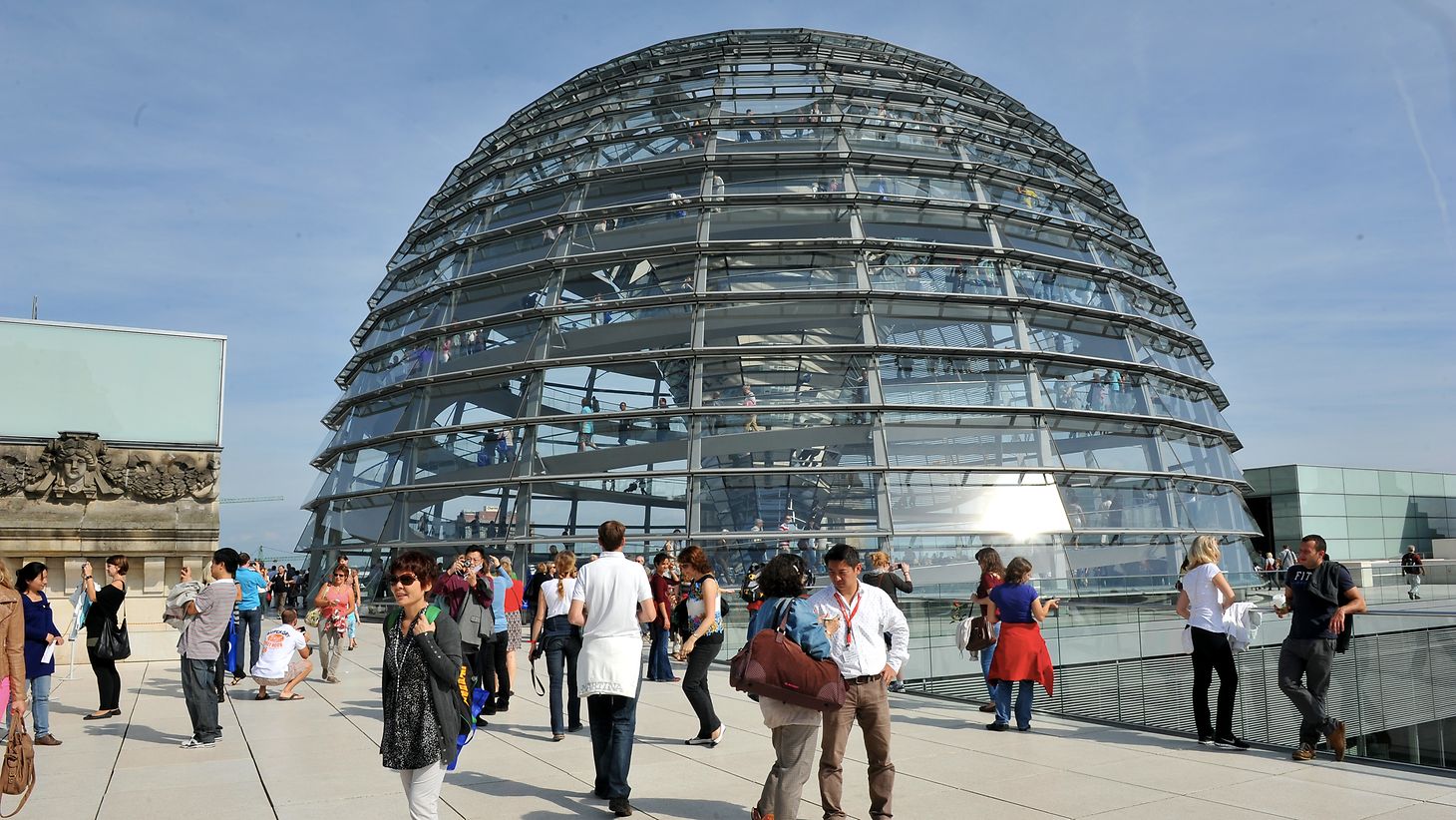BERLIN – In a shocking display of political maneuvering, mainstream German parties are effectively ceding power to the far-right Alternative for Germany (AfD). As reported by CNN, the AfD has emerged as Germany"s largest opposition group, now commanding the support of more than 20% of voters. The refusal of the Christian Democrats, Social Democrats, Greens, and the socialist Left to engage with the AfD at a national level reflects a troubling trend of political isolationism, which may ultimately backfire.
Wagenknecht"s Controversial Openness
Sahra Wagenknecht, leader of the Sahra Wagenknecht Alliance (BSW), has stirred controversy by expressing her willingness to engage in political talks with the AfD. Her statement comes after the BSW"s split from the Left party, driven by her criticism of progressive social and migration policies that she argues neglect the working class. Critics have branded her as "close to the AfD" and accused her of fostering an environment that may further legitimize extremist views.
Political Isolation Fuels Extremism
The refusal of mainstream parties to cooperate with the AfD isn’t merely a policy decision; it’s a dangerous precedent that pushes disenchanted voters toward extremist ideologies. As reported by NPR, this "firewall" against the AfD, established years ago, is now becoming a double-edged sword. While the intention behind it is to maintain democratic integrity, it risks alienating a significant portion of the electorate who feel unrepresented by traditional parties.
\n\n
Christian Edwards - Breaking News Writer, CNN Digital Worldwide | CNN
Consequences of Exclusionary Politics
The ongoing political deadlock, particularly over crucial judicial appointments, is a direct result of this exclusionary stance. According to Reuters, the AfD"s influence could threaten the stability of Germany"s constitutional framework. If mainstream parties continue to ignore the voices of over one in five voters, they may inadvertently strengthen the AfD’s appeal, branding themselves as the defenders of the disenfranchised.
Wagenknecht"s Critique of the Left
Wagenknecht"s recent statements highlight a growing rift within the German left. She has criticized her former party for failing to address the pressing needs of the working class. This sentiment resonates with voters who feel that mainstream left politics have drifted too far into identity politics, sidelining economic concerns. The BSW"s failure to secure any representation in the national elections further underscores the urgency for a recalibration of leftist strategies.
\n\n
German Bundestag - Registering to visit the dome of the Reichstag Building
The Road Ahead for the Left in Germany
The BSW"s recent electoral failures signal an existential crisis for the left in Germany. Without a clear, inclusive platform that addresses both economic and social justice, it risks losing more ground to the AfD, which has capitalized on the frustrations of disillusioned voters. As noted by CNN, the AfD"s rise poses a direct challenge to Germany"s democratic fabric. The left must navigate these turbulent waters carefully, balancing the need for accountability with the imperative of broadening its appeal.



![[Video] Gunfire between Iraqi security forces and Sadr militias in Baghdad](/_next/image?url=%2Fapi%2Fimage%2Fthumbnails%2Fthumbnail-1768343508874-4redb-thumbnail.jpg&w=3840&q=75)
